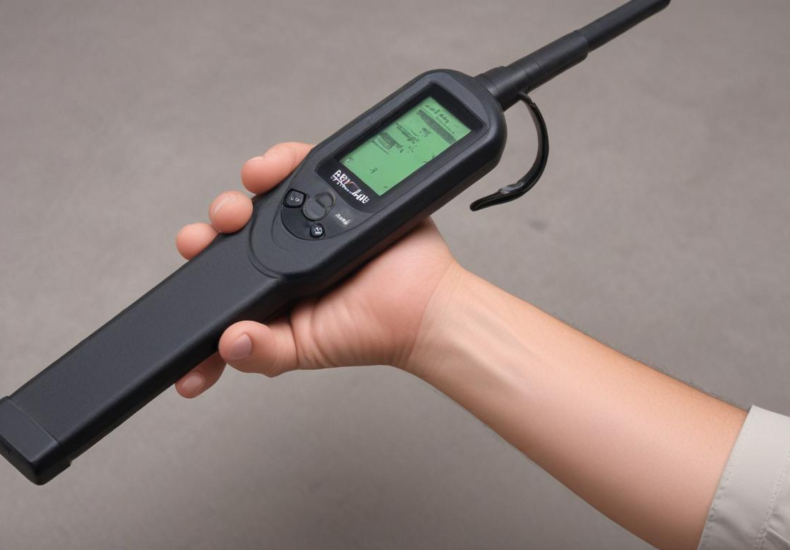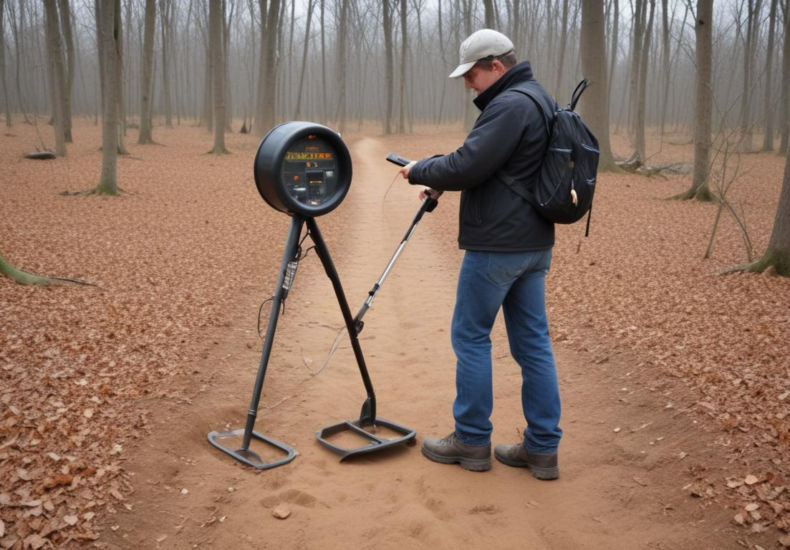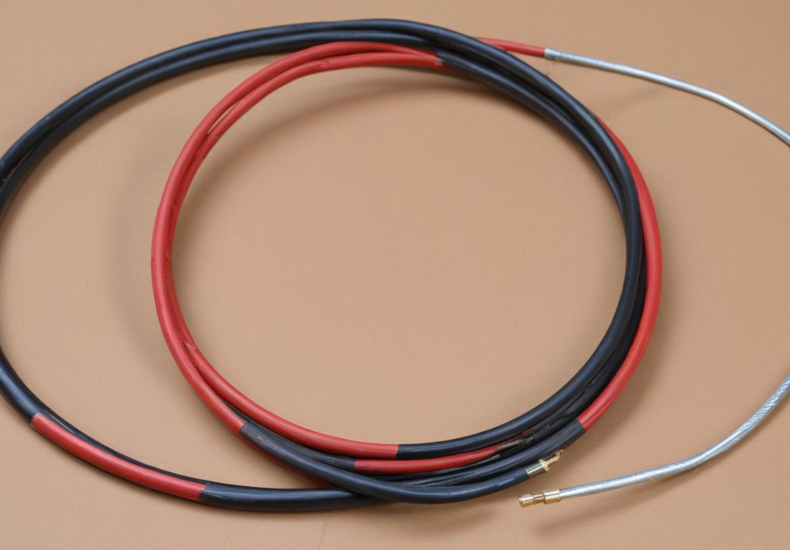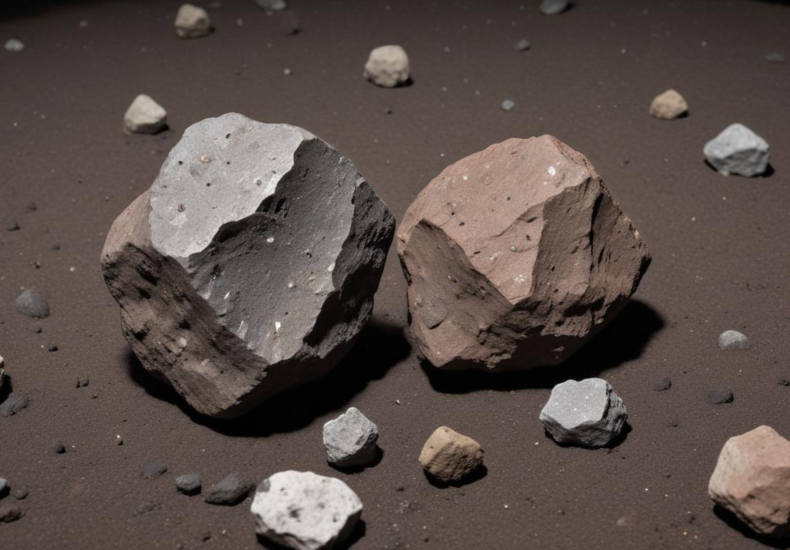Day: May 2, 2025

A history of handheld metal detectors in security
The history of handheld metal detectors intertwines with significant technological advancements, tracing back to Alexander Graham Bell’s early invention for medical purposes to their pivotal role in global security. From Gerhard Fischer’s essential contributions to today’s cutting-edge innovations, these devices have evolved into crucial tools for security personnel worldwide, enabling efficient detection of metallic threats in various settings.

How to avoid false positives with your metal detector
Optimizing metal detector settings is pivotal for enhancing detection accuracy and minimizing frustrating false readings. Adjusting sensitivity, mastering ground balancing, and effectively using discrimination modes are key techniques every detectorist should employ. Thorough calibration, combined with regular practice, can drastically improve the precision of metal detection, allowing for more successful treasure-hunting adventures. Whether in mineral-rich soils or clean sands, understanding how to fine-tune your detector’s settings is crucial for pinpointing desirable finds while ignoring unwanted metal types.

Which coil size is best for different detecting tasks?
Diving into the world of metal detecting, the selection of the right coil—be it small, medium, or large—can profoundly impact your treasure hunting success. Different coil sizes and types offer varied capabilities, from navigating debris-filled locations with smaller coils to covering vast beaches with larger ones. Each coil shape and size, whether concentric, double-D, or otherwise, provides unique advantages in specific environments, enhancing detection depth, accuracy, and overall efficiency. Understanding these nuances can transform a routine hunt into an extraordinary adventure in uncovering hidden treasures.

Can you find meteorites in your backyard using a detector?
Meteorites, solid debris from outer space reaching the Earth’s surface, unlock secrets of the solar system’s ancient history. These cosmic treasures, hunted by scientists and enthusiasts alike, vary significantly in composition and offer invaluable insights when located and studied. Engaging directly with this phenomenon, many employ metal detectors and other tools to uncover these relics, potentially right in their own backyards.